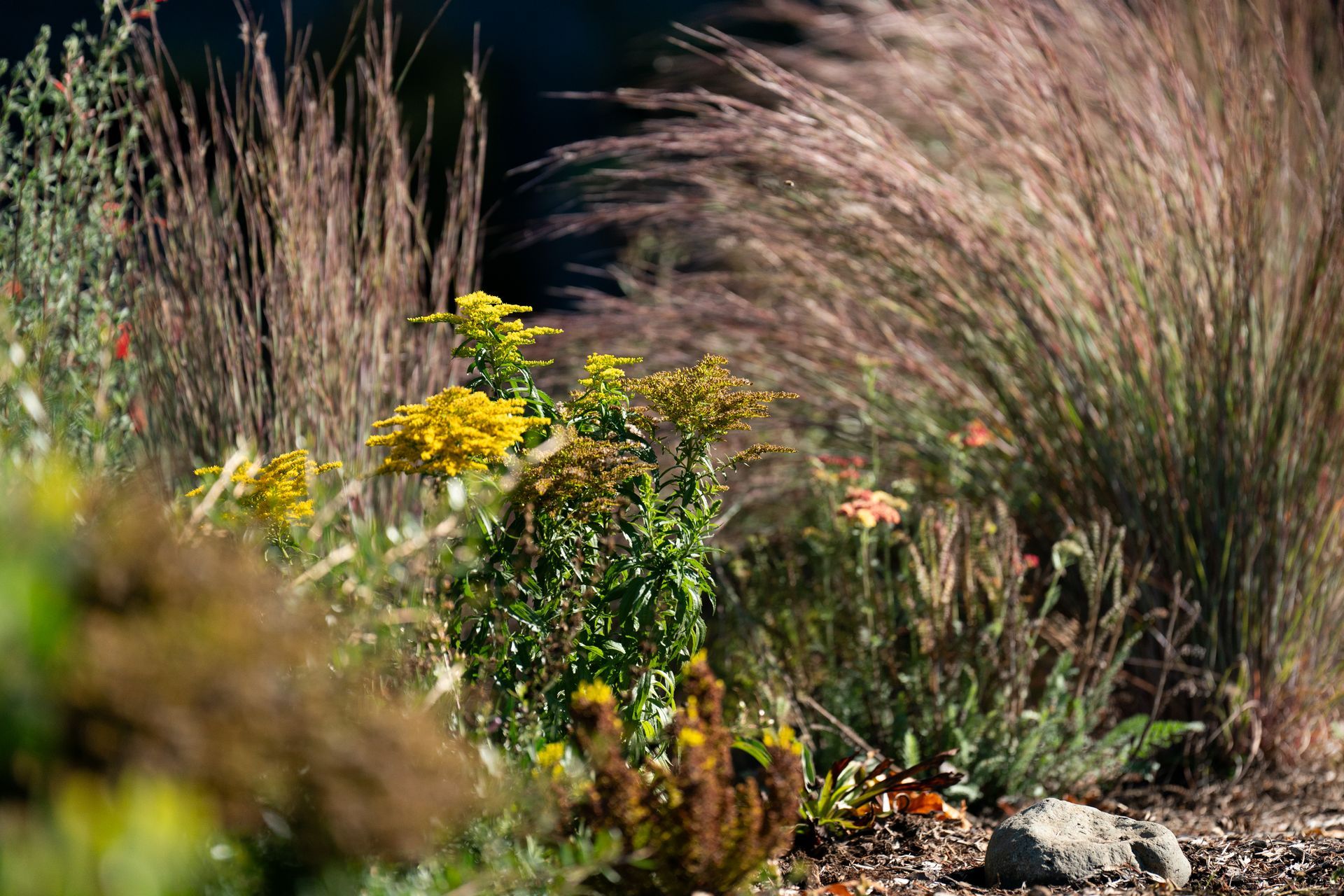Victory in Gardening
These are challenging times and my trip to Home Depot last week held many examples of what our new normal has become. I stood in a long line while employees carefully counted how many customers were going in and out. I spent a long time in the cleaning aisle on my phone researching whether Clorox® Toilet Bowl Cleaner and Windex® could kill COVID-19 germs because they were the only products left in stock. I fruitlessly trudged up and down aisles looking for spray bottles for the bleach one of our employees had graciously donated to our cleaning cause. Even with the long line outside, the aisles in the store were eerily quiet. I paused a moment to absentmindedly scratch my dry, chaffed hands and found myself staring at a display of brightly colored seed packs. That is when two words sprang forward in my mind: Victory Garden.
Victory Gardens were quite prominent beginning a hundred years ago during World War I. They were renamed Relief Gardens during the Great Depression and then switched back to Victory Gardens for World War II. Those were times when our country's resources were stretched to the limit fighting wars and a lot of the food supply was being sent overseas to feed soldiers and war-torn Europe. The citizens at home were encouraged to do their part in the war effort by using any land they could find to turn it into vegetable gardens for food production. And in a surprising turn of events, it worked! In 1943, Victory Gardens produced a staggering 40% of all the fresh produce in the United States.
What we are currently experiencing is not a war and certainly not comparable to the horrors, violence and devastation that come with it. However, these are uncertain times, and for the first time many of us are experiencing new, unsettling norms. We’re finding ourselves in situations that would have been unthinkable just a couple of months ago.
I am not alone in this thinking. A cursory Google search will produce multiple articles from recent works about high sales across the USA in seeds and plant starts, as well as high internet traffic in searches about gardening and building raised beds. This isn’t surprising for anyone who has tried to find potatoes and dried beans at the store recently.
My greatest hope, as I stood in Home Depot stuffing seed packets into the crook of my elbow, was that someday my great grandchildren will laugh at how I went overboard and overacted by planting three zucchini plants, leaving them with an inheritance of inedible, frozen zucchini bread from 2020. My greatest motivation was that, in the midst of all this turmoil and uncertainty, I could pour my energy and focus into something constructive and those three zucchini plants could turn into solid food for me, my family and anyone in my community who needs it.










